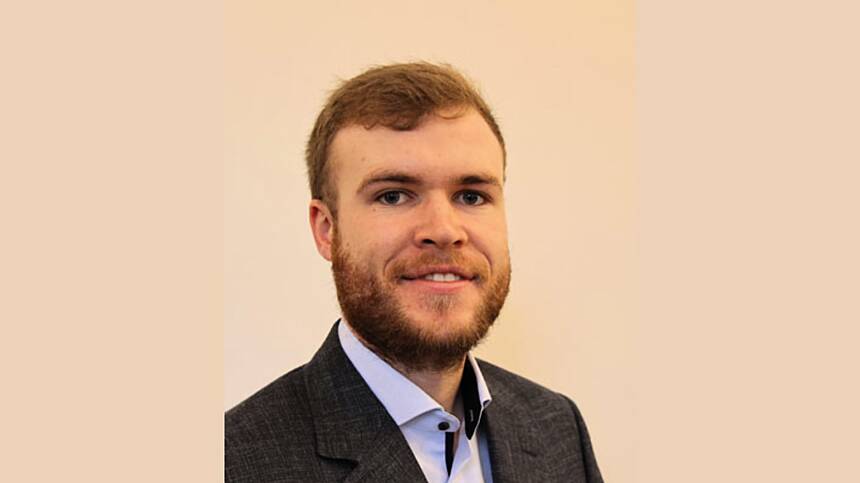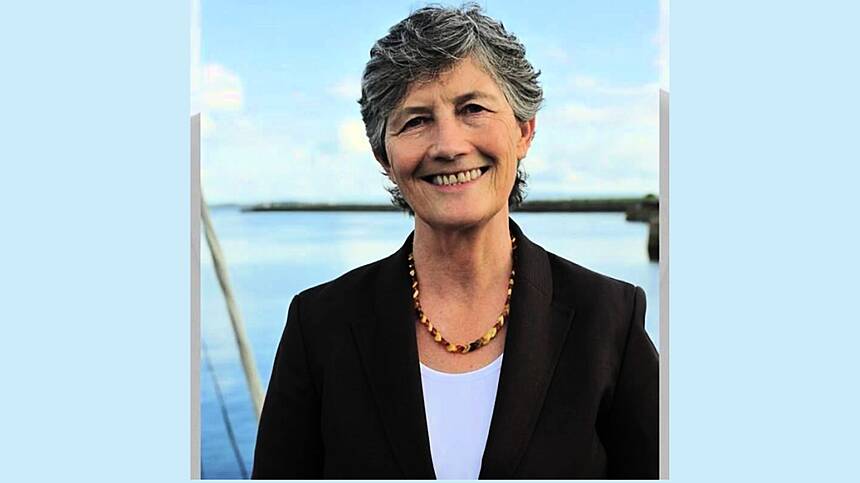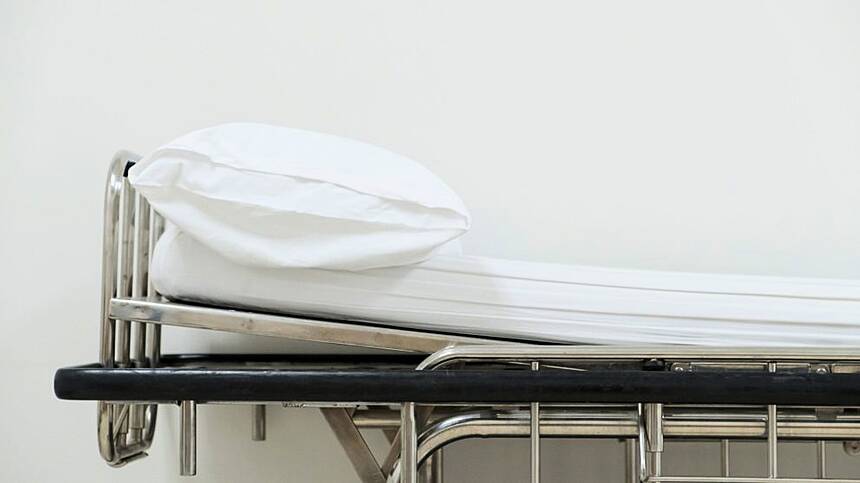Galway Bay FM Newsroom - Taoiseach Micheal Martin has given an assurance this week to a Galway deputy that he will pursue with the HSE the question of how to tackle the country's longest waiting lists for hospital treatment faced by people in Galway.
In an answer to a question raised this week by Galway West Independent TD Noel Grealish, the Taoiseach said it was important that other alternative, interim capacity measures are taken to deal with backlogs particularly in orthopedics and in many other areas.
Deputy Grealish raised the matter during Leaders' Questions in the Dáil when he pointed out that there were 54,000 people on waiting lists for outpatient treatment and more that 9,500 as inpatients or day cases in Galway, the highest numbers of any hospital in Ireland. The biggest problem being the backlog of orthopaedic patients.
The biggest problem is the backlog of orthopaedic patients. Currently, people seeking help for anything from painful hips and knees that need replacing are being told it will be three years before they are seen for an initial assessment.
“I’m glad to learn that work is to begin within weeks on a long-awaited second operating theatre for orthopaedics to replace one that was closed in 2017.
“But it will be a long time before it is operational, and I would urge that special action be taken in the meantime to clear the exceptional backlog in Galway, that is causing so much pain and anxiety to so many people,” Deputy Grealish told the Dáil.
He pointed out that, nationally, almost 900,000 people were on a waiting list for treatment in hospital in Ireland, an increase of almost 12 per cent on this time last year.
“Of these, more than 600,000 are waiting for their first hospital outpatient consultation.
“Shockingly, more than a quarter of a million of those, over 280,000 in fact, have been waiting for a year or more to be seen for their first appointment.
“That’s even more than the number of people who have been waiting a year for hospital treatment with the NHS in England, serving a population 11 times greater than we have in the Republic of Ireland,
“In England, 5% of the total number on the waiting list have been waiting a year or more. In Ireland, that figure is 45%,” he added.
Deputy Grealish added that that bringing hospital services back, even to the so-called normal levels of pre-Covid times, would be an enormous task, and a costly one — more than €1 billion, according to the ESRI.
“But regardless of the cost, it simply cannot be delayed. And a task this huge must surely require the establishment of a special task force that would identify what needs to be done, come up with a plan of concrete action, and have real power to clear any obstacles.
“I would suggest that private hospitals should be commissioned to play their part in this recovery, in the same way that they were brought into play in helping the country handle the early wave of the Covid-19 emergency,” said the Galway West TD.
In reply, Taoiseach Micheál Martin, said that Covid-19 had caused unprecedented interruption to healthcare activity throughout the world, but stressed that more services had remained open in Ireland during the second and third wave than in the first.
Additional funding of close half a billion euro had been allocated to permanently fund the provision of 2,600 beds in acute and community settings and another €52m for critical care beds that would help in dealing with waiting lists into the future.
He said the HSE was implementing a plan for the prioritisation and restoration of services in three phases over the course of the year and the Government was providing an additional €240m towards an access to care fund, to the HSE and the National Treatment Purchase Fund, which allow for treatment in public and private hospitals to address capacity issues.
In relation to Galway he said: “I will certainly pursue that with the HSE in respect of the Galway situation and whilst we are waiting for permanent capacity to come in place, I think it is important that other alternative, interim capacity measures are taken to deal with that backlogs particularly in orthopedics and in so many other areas as well.”







